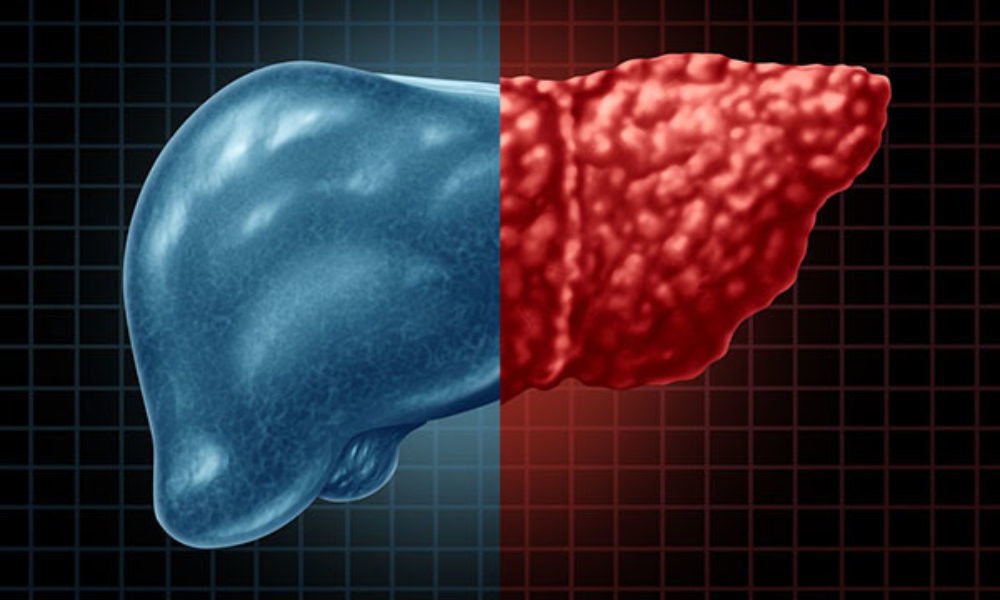
Fatty Liver, How It Affects Your Gut Health
Have you ever heard about fatty liver disease? Well, it is the term used for fat accumulating in your liver. It can occur as a result of obesity and over-consumption of greasy food. This article explores fatty liver and how it can become something more severe than just what you eat.
Liver diseases accompanied by excessive accumulation of fat inside it, such as hepatitis or alcoholic addiction, can also lead to fatty liver.
Cirrhosis and nonalcoholic steatohepatitis (NASH) also cause fatty liver; however, these conditions affect patients who already have symptoms.
How Does Fatty Liver Affect Your Gut Health?
Since fatty livers can cause fatty tissues in your whole body, it doesn't limit its effects to your liver only. It can also cause fatty tissues in your gut which affects the optimal function of your digestive system. It is believed that fatty livers result in an increased risk of having irritable bowel syndrome or BIV-IBS, a common condition among patients with fatty liver disease.
What Are Fatty Liver Symptoms?
Fatty livers don't have any distinct symptoms. Still, some conditions can be associated with fatty livers, such as fatigue, loss of appetite, nausea, and vomiting, significantly if the fat deposits in the liver affect its normal function.
Weight gain may also occur due to fatty tissue that accumulates around the intestines, which slows down bowel movements giving the fatty livers time to reabsorb fatty acids that were once in your gut.
Some studies also suggest that fatty liver disease can affect your emotional health because of the fatty tissues surrounding the pancreas, which is related to depression or anxiety disorder.
Common Fatty Liver Treatments?
Treatment depends on what type of fatty liver you have. For example, if it's caused by obesity, losing weight through dieting and physical exercise is highly recommended, with no specific treatment required.
Drinking water with lemon may help purify your liver with its antioxidants, while taking herbs such as milk thistle will assist in keeping your fatty liver healthy through its antioxidant properties.
There are also medications such as ursodeoxycholic acid and vitamin E that can be used to treat fatty liver disease, specifically fatty liver patients with cirrhosis or hepatitis. However, always seek the recommendation of a medical professional before self-treatment.
When Should I See A Doctor About A Fatty Liver?
If you have fatty livers and feel any of these symptoms, contact your doctor:
- Fatigue or weakness for more than one month
- Feeling thirsty most of the time, especially at night, causing you to wake up early in the morning to quench your thirst
- Unexpected weight loss despite eating fatty foods regularly
- Yellowing eyes and skin (jaundice) due to high levels of glycogen present in your bloodstream and tissues around it, which causes the yellow coloring on the affected skin
- Nausea and vomiting recurring for more than three weeks without finding relief
Needham Gastroenterology Associates Can Help With Fatty Liver
Needham Gastroenterology Associate professionals are here to help you with your fatty liver issue regardless of type. We encourage you to contact us and set up an appointment to help diagnose what type you may have and find an effective treatment.